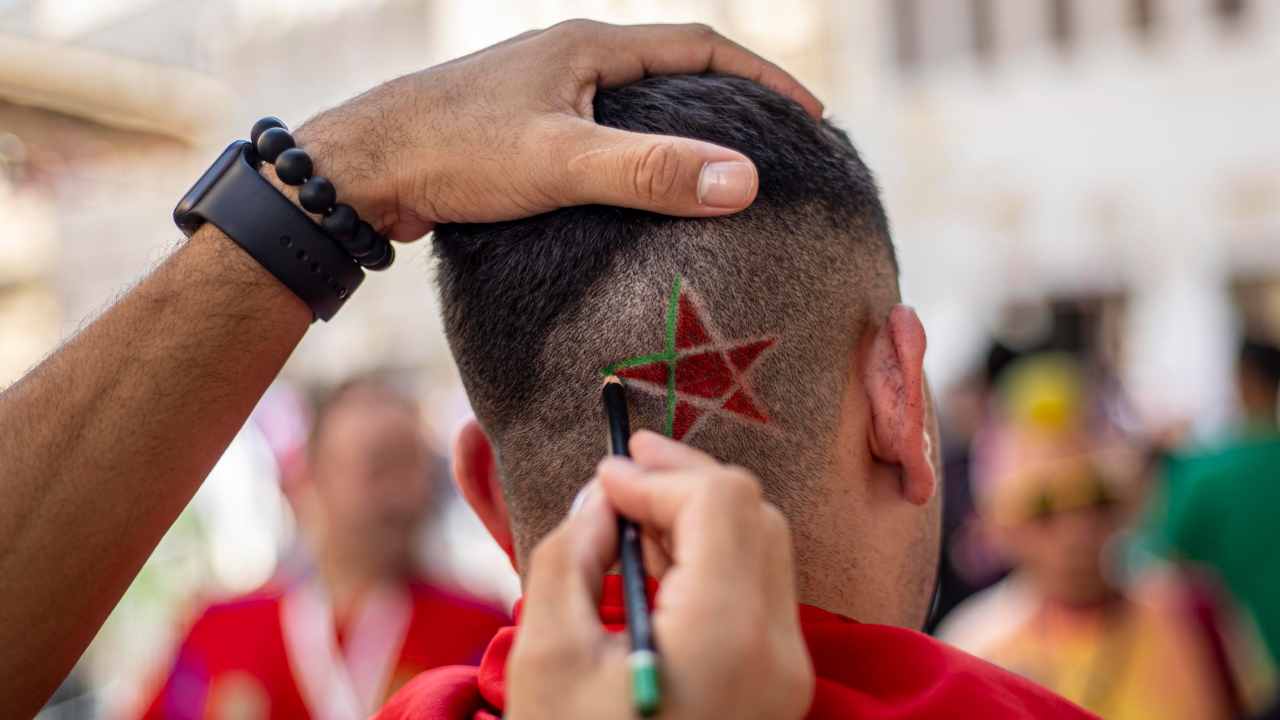Morocco-Spain is more than a match, the histories of the two countries have often intertwined over the centuries. And today clashes are feared.
Only a handful of kilometres – 14 to be exact – divide Spain and Morocco. The Strait of Gibraltar, which the ancients called the ‘Pillars of Hercules’ – at the time it was considered the limit of the known world – prevents the African continent from joining Europe. A separation that, however, has never prevented the two countries – or rather, the two peoples – from contaminating each other over the past centuries. And it is no coincidence that their histories are much more intertwined than one might think. Stories that are often very tense, as between two neighbours who can hardly stand each other. This afternoon’s match in Qatar, valid for the round of 16 of the World Cup, will do nothing more than rekindle a rivalry that has very deep roots, even more than a thousand years old.
In short, Spain-Morocco, for historical and geopolitical reasons above all, can never be a simple football match, as they say in these cases. This is well known by the Spanish police, who have been on constant alert ever since the last day of the group stage of Qatar 2022 made the pairing official. The risk is that riots and vandalism will occur, along the lines of what happened a week ago in Belgium. In fact, there is a very large Moroccan community on Iberian soil and consequently also in the main cities. Especially Barcelona, where social tensions are quite frequent.
Morocco-Spain is more than a match, two often quarrelsome ‘neighbours’
Opening the history books, one realises that although no real war took place, there were by no means a few ‘skirmishes’. And unfortunately also bloody ones. Starting with the invasion of the Umayyad Caliphate, an Arab dynasty that 1300 years ago came to control the whole of North Africa – in a certain sense the ‘ancestors’ of today’s Morocco – in the Iberian Peninsula, conquered almost from top to bottom. Their rule over ‘al-Andalus’ (from which the region’s name Andalusia derives) did not end until eight centuries later, following the famous Reconquista carried out by Christian rulers against the Moorish Muslim kingdoms. Spain then encroached, also taking Ceuta and Melilla, which are still autonomous Spanish cities today and therefore cause for friction between the two countries.
Not to mention, finally, the affair of Western Sahara, which remained Spanish until the 1970s. It is currently a territory with disputed status, claimed by both Morocco and the independence troops of the Polisario Front. No, for all these reasons Spain-Morocco can never be just a football match.

